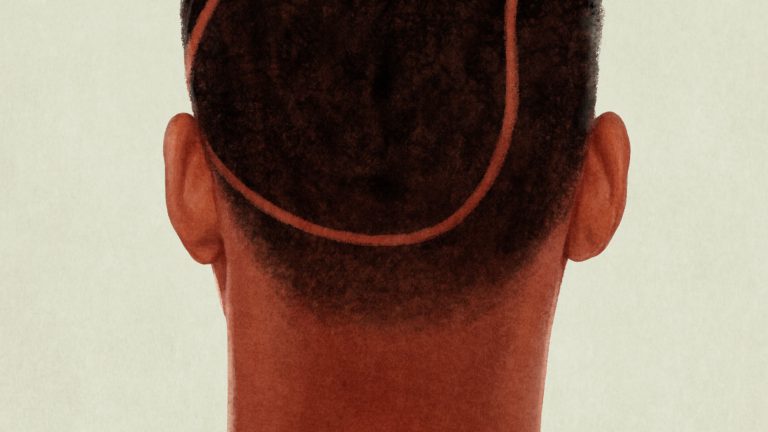When practicing a new skill, it’s easy to focus on everything you’re doing wrong. But W. Timothy Gallwey, a coach who’s famous for introducing meditation to the Harvard University Tennis Team, points out that all that negativity obscures the fact that almost all of us improve in any given pursuit over time. In THE INNER GAME OF TENNIS Gallwey shares tips for overcoming a negative mindset. Here are a few top insights from our latest Instaread.
Key Insight 1: Trying too hard to correct a bad habit can reinforce or worsen the undesired behavior.
The paradox of reinforcing undesired behavior when attempting to correct it is so well known that psychologists have dubbed it “the ironic effect.” That effect has been documented in a number of common human flubs. A woman might caution herself not to bring up a sore subject while at a dinner party with friends, and then later find herself initiating discussion on the topic she intended to avoid. An overweight man who reads about the dangers of obesity and experiences stigma from his family is predisposed to eat more unhealthy food, not less. The ironic effect occurs because people have devoted so much thought to the very thing they intend to avoid. By giving the undesired outcome so much headspace, people are more likely to achieve the exact result they hoped to mitigate.
Key Insight 2: Players often create self-fulfilling prophecies by giving in to the urge to judge themselves.
People who place undue emphasis on their mistakes may find themselves making dramatic, negative predictions that inadvertently come true. For example, a woman may take her failure to hit the ball on the center of the racket as proof that she is uncoordinated and unable to improve. If she repeats her criticism often enough, she’ll internalize the complaint as a command, and begin to adopt mannerisms associated with the failure she dreads. Unwittingly, she has fulfilled the very future she feared the most.







